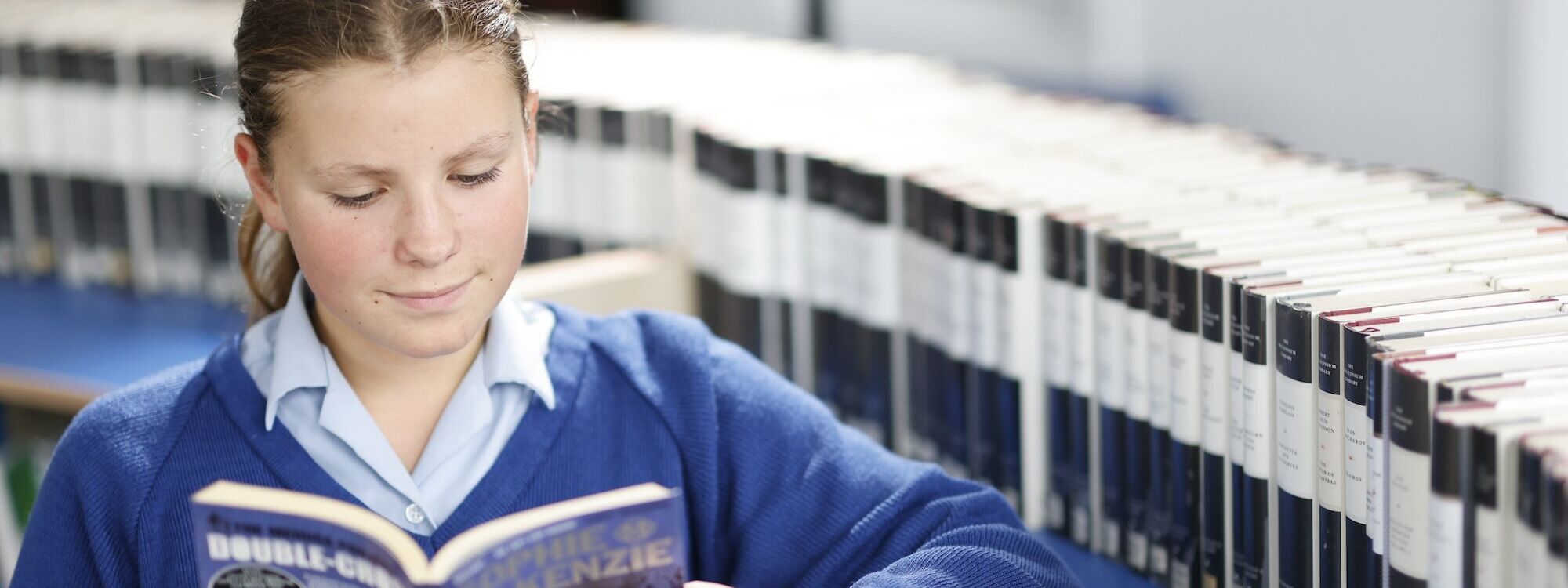- Home
- Key Information
- Teaching and Learning
- Home Learning
Home Learning
The Importance of Home Learning at Coloma
Research consistently highlights a positive correlation between homework completion and academic achievement. Studies show that completing homework is linked to higher exam results and improved academic performance. However, the potential impact of homework varies widely, emphasising that the quality of tasks and how they are set are far more significant than the quantity of work assigned.
Why Home Learning Matters
At Coloma, home learning is a key part of our students’ educational experience, providing numerous benefits:
- Study Skills: Homework helps students develop good study habits, which are essential for academic success.
- Progress: Evidence indicates that students who complete homework make better progress in their learning.
- Preparation: Home learning allows students to prepare for future lessons, enhancing classroom engagement.
- Enrichment: Tasks can enrich classroom learning, fostering deeper understanding and curiosity.
- Teacher Insight: A wider range of homework tasks enables teachers to gather more comprehensive evidence of student progress and achievement.
- Parent Partnership: Homework creates opportunities for parents and students to engage in the learning process together, building a stronger partnership.
Types of Home Learning at Coloma
We set a variety of home learning tasks to support and extend students’ knowledge and skills. These include:
- Online Tasks: Platforms such as Seneca, GCSEpod, BBC Bitesize, and SPARKs.
- Vocabulary and Key Facts: Memorisation and recall tasks.
- Preparation for Learning: Reading ahead or flipped learning activities.
- Consolidation and Enrichment: Wider reading tasks to deepen understanding.
- Structured Questions: Short-answer questions for practice and reinforcement.
- Extended Writing: Timed essays or creative responses.
- Revision: Focused preparation for assessments.
- Practical Work: Write-ups of experiments or projects.
All written home learning tasks completed in exercise books are expected to be clearly identifiable.
Homework Timetable and Guidelines
To support consistency, the homework timetable provides clear guidelines on the frequency and duration of homework for each subject:
Key Stage 3 (KS3)
- Weekly: Students receive homework for Art, DT, IT, English, Biology, Chemistry, Physics, Geography, RE, and either French or Spanish.
- Biweekly: Students receive homework for History.
- Twice Weekly: Maths homework is set twice per week.
Homework Duration per Task
- Year 7: 20 minutes per task (25 minutes after the first half term).
- Year 8: 30 minutes per task.
- Year 9: 30 minutes per task.
- Years 10 and 11: 40 minutes per task.
Teachers are mindful of students' extra-curricular and personal commitments and avoid setting homework with next-day deadlines.
Acknowledging and Marking Homework
The purpose of homework is always made clear to students, and tasks are consistently acknowledged. This may include:
- Self and Peer Marking: Students review their own or peers’ work.
- Online Marking: Automated feedback through platforms like Google Classroom or other online tools.
- Provided Solutions: Answers shared for self-assessment and further learning.
By balancing the quantity and quality of home learning tasks, we aim to enhance students’ educational experience and equip them with the skills needed for lifelong learning.
